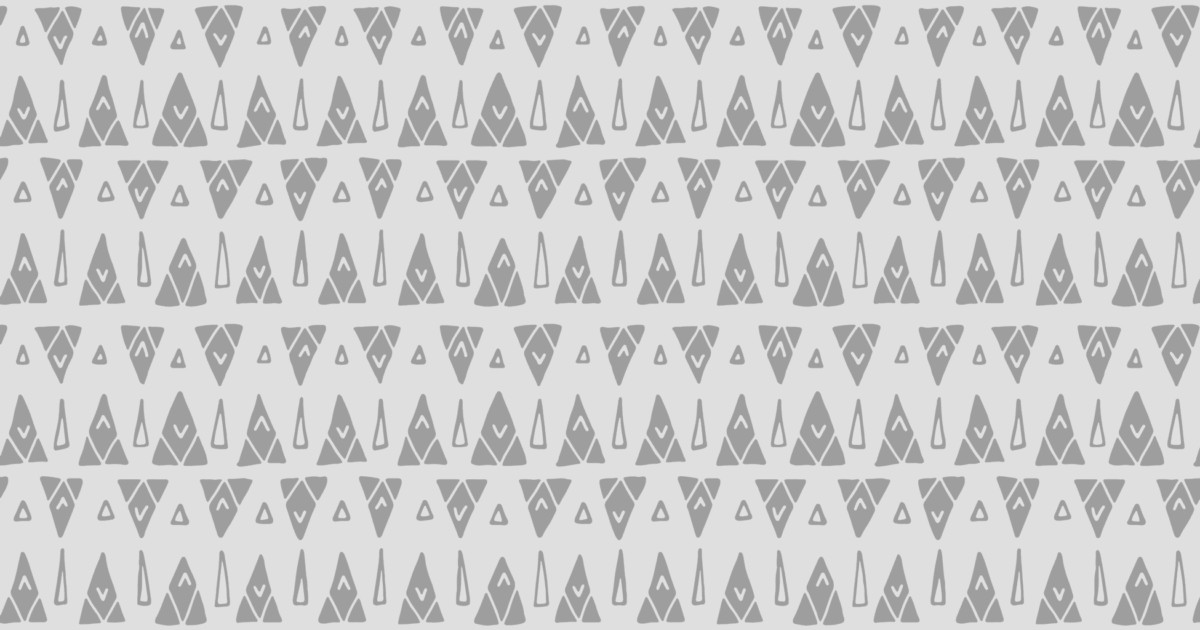Afghanistan
Afghanistan
Afghanistan has been engulfed in violent armed conflict since the fall of the Taliban regime in 2001, and efforts to build sustainable peace while preventing the re-establishment of extremist rule depend on the inclusion of women.
Living in the most dangerous place in the world to be a woman, as the Thomas Reuters Foundation revealed in 2011, Afghani women have emerged as leaders in the peace process— advocating constantly for more inclusive government, and inspiring marginalized groups nationwide to demand a place in the political system. Despite the important role that Afghani women play in bringing about social change in Afghanistan, many barriers to their involvement still exist.
Based on the work of NGOWG members and their partners, the NGOWG advocates for eliminating these barriers by encouraging UNAMA to support the Afghan government in fully implementing the National Action Plan on Women, Peace and Security (NAP), and ensuring women’s full and equal participation in regularly held elections.
Current and Past Recommendations to the UN Security Council (Monthly Action Points)
In the forthcoming report on the situation in Afghanistan, information on women, peace and security (WPS) and gender-sensitive conflict analysis should be improved (S/RES/2489 (2019)). Discussions within the Council must recognize and reflect the diverse lived experiences of all communities in Afghanistan: 68% of the population is under 25 years of age; one in five households includes an adult or child with a disability; and 9% of the total population is internally displaced (HRW, RI). The Council should inquire about the progress of the UN Assistance Mission in Afghanistan (UNAMA) in providing technical expertise and supporting the establishment of clear procedures to engage with and ensure the leadership of diverse women, including women with disabilities, young women and displaced women, in peace negotiations and conflict resolution efforts, ceasefires and in implementing and monitoring any agreements (CEDAW/C/AFG/CO/1-2, WEI). There should be follow-up on the extent to which powerbrokers leading the peace process are taking concrete action to ensure the planning, process and outcome(s) reflect the expertise and priorities of diverse Afghan women, including by preserving all constitutional protections for women’s rights as a priority (Zarqa Yaftali). The Council should also request an update on UNAMA’s support to the Government and civil society organizations (CSOs) in communicating with local leaders, communities, partners and media about the increased risk of violence against women and girls, including women and girls with disabilities, particularly those with intellectual and psychosocial disabilities (WEI), resulting from the measures taken to address the spread of COVID-19 (UNFPA).
Relevant Resources







